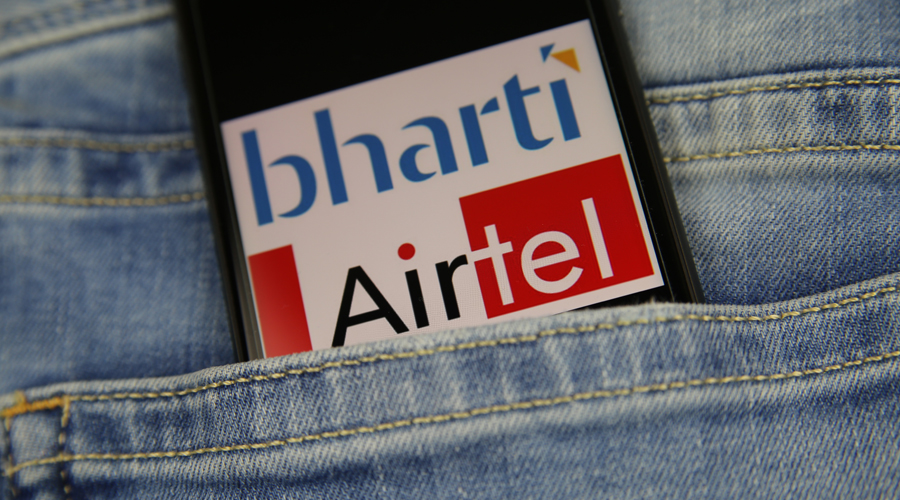The Supreme Court on Thursday set aside a Delhi high court order which allowed Bharti Airtel’s plea to rectify the input tax credit claim of excess goods and services tax (GST) paid of around Rs 923 crore from July to September 2017 saying that the rectification of errors and omissions is permissible only at the initial stages.
A bench of Justices A.M. Khanwilkar and Dinesh Maheshwari allowed the appeal filed by the Centre against the high court’s May 5, 2020 judgment which permitted Airtel to rectify Form GSTR-3B, the GST summary return form for the period.
The apex court said an assessee cannot be permitted to unilaterally carry out rectification of his returns submitted electronically in Form GSTR-3B, which inevitably would affect the obligations and liabilities of other stakeholders because of the cascading effect in their electronic records.
“The law permits rectification of errors and omissions only at the initial stages of Forms GSTR-1 and GSTR-3, but in a specified manner. It is a different dispensation provided than the one in the pre-GST period, which did not have the provision of auto-populated records and entries,” the bench said.
The apex court said the challenge to the impugned Circular No. 26/26/2017 GST issued by the Commissioner (GST) dated December 29, 2017 is unsustainable.
The apex court, however, rejected the Centre’s submission regarding the jurisdiction of the Delhi high court to entertain the writ petition.
“As regards the jurisdiction of the Delhi high court, the registered office of respondent No. 1 is in Delhi. The appellant (respondent in the writ petition) also has its office in Delhi. The relief claimed in the writ petition amongst others, was to challenge provisions of the Central Act and the circulars issued by the competent authority having its office in Delhi. Hence, the jurisdiction of the Delhi high court cannot be a matter of any doubt,” the bench said.
Reacting to the judgment, the telecom operator said the matter pertains to 2017, when GST had just been introduced, and the company paid excess cash towards GST to the tune of Rs 923 crore instead of utilising the available input tax credit as there was no automated reconciliation available at that time.
“In its order passed today, the Hon’ble Supreme Court has maintained that the company has the freedom to avail the amount of Rs 923 crore as input tax credit in the subsequent returns, which the Company had duly done,” the company said in a release.
Payout to states
The Centre on Thursday released the balance Rs 44,000 crore to states as a loan to compensate for the GST shortfall, taking the total such amount to Rs 1.59 lakh crore this fiscal year.
This release of funds as back-to-back loans is in addition to the bi-monthly GST compensation being given out of the cess collection.
The ministry had on July 15 and October 7 released Rs 75,000 crore and Rs 40,000 crore, respectively.
The 43rd GST Council meeting on May 28, 2021, had decided that the Centre would borrow Rs 1.59 lakh crore in 2021-22 and release it to states and UTs to meet the resource gap because of the shortfall in GST compensation.











